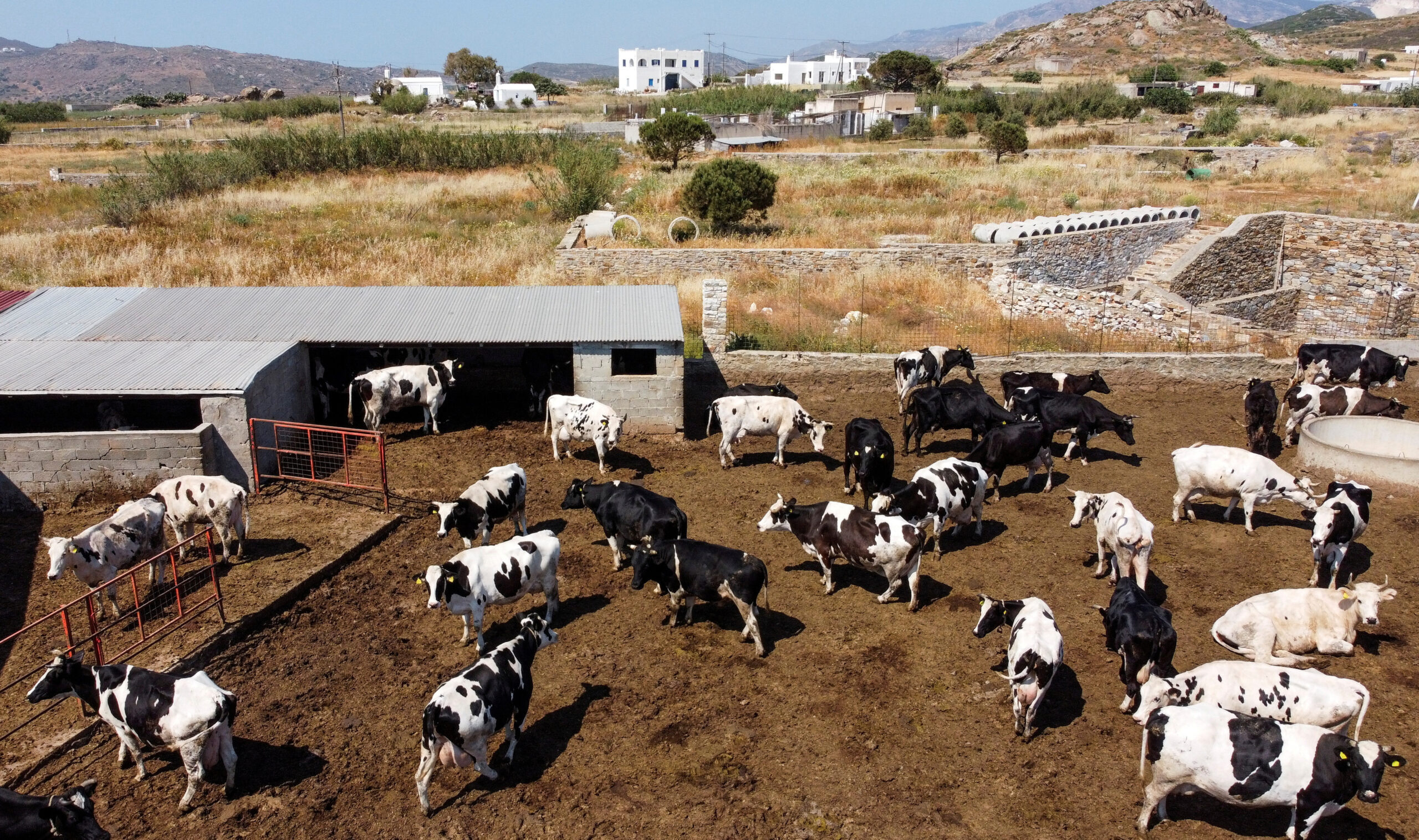
Greece will import Egyptian agricultural laborers due to a labor scarcity
As part of an agreement to address a labor shortfall, Greece will begin hiring Egyptian laborers this summer to fill temporary agricultural positions, the ministry of migration announced on Friday.
The Greek economy is expected to rise by about 3% this year, significantly more than the 0.8% average growth of the euro zone, after a decade of hardship.
However, due to a labor flight during Greece’s economic crisis, a declining population, and stringent immigration laws, the nation is now having difficulty filling tens of thousands of job openings in the tourism, farming, building, and other industries.
In 2022, Greece will accept some 5,000 seasonal agricultural laborers as part of an agreement with Egypt.
According to a statement from the Greek Migration Ministry, the countries have talked about extending the “mutually beneficial” program to the Greek construction and tourism industries.
Although immigration has long been a contentious topic in Europe, businesses’ associations eager to fill positions had mostly endorsed the proposal.
During their meeting this week in Cairo, Egyptian Labour Minister Hassan Shehata and Greek Migration Minister Dimitris Kairidis agreed that increased cooperation between the two nations was necessary to stem the influx of illegal migrants into the area.
According to Egyptian officials, since 2016, their nation has mainly succeeded in preventing migrants from departing from its northern coast and traveling across the Mediterranean to reach Europe.
As part of an effort to reduce the number of migrants crossing over from North Africa, the European Union this year announced a multibillion-euro financial package and improved relations with Egypt.
Human rights organizations have attacked Western backing for President Abdel Fattah al-Sisi of Egypt, who took office ten years ago after spearheading the removal of Egypt’s first democratically elected leader.
All Categories
Recent Posts
Tags
+13162306000
zoneyetu@yahoo.com



